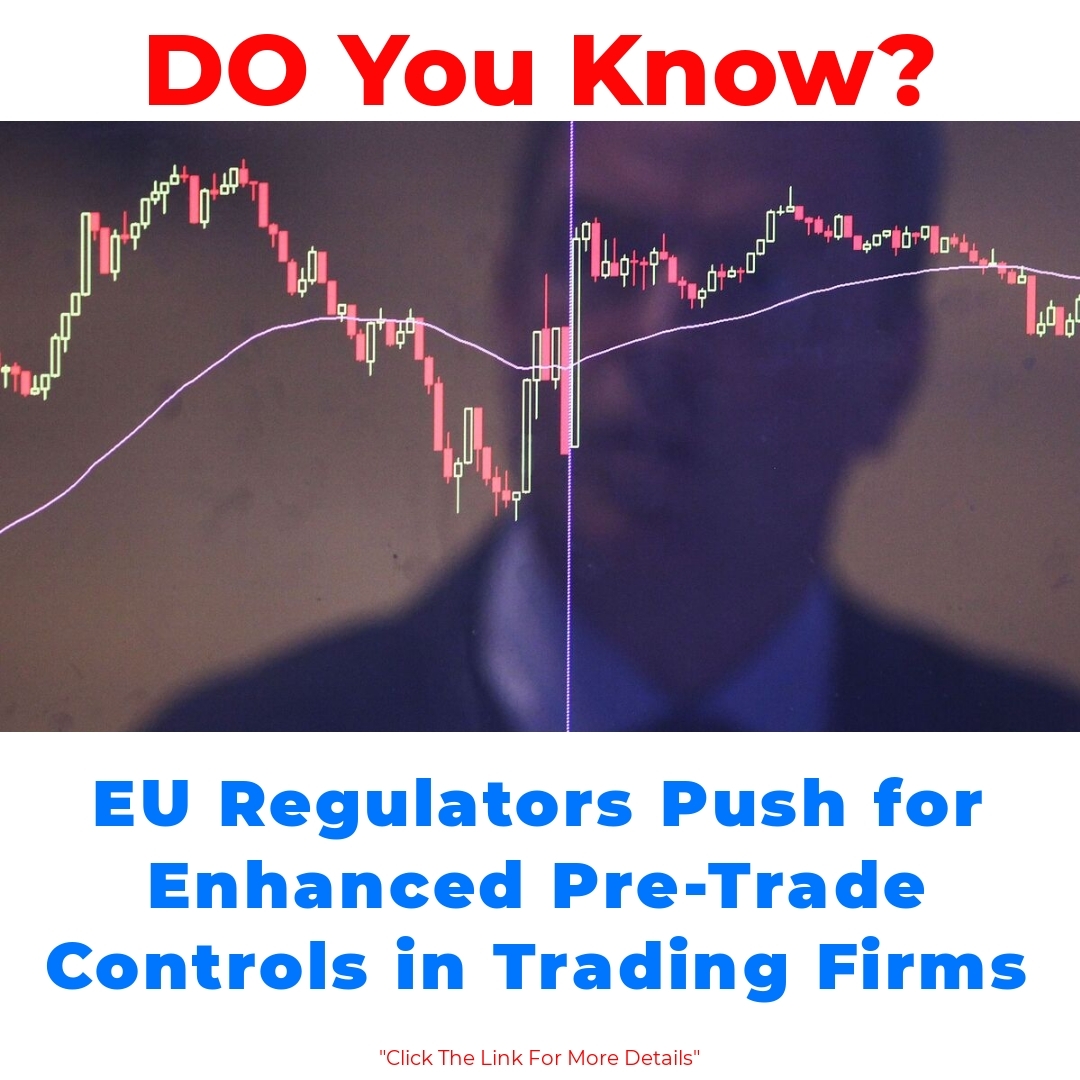Algorithm pre-trade controls are critical mechanisms that help maintain stability in financial markets. These controls minimize the risk of erroneous orders, which can lead to significant market disruptions. Collaborative efforts among regulatory bodies like the Dutch Authority for the Financial Markets and the European Securities and Markets Authority aim to enhance these controls, ensuring a more reliable trading environment.

Understanding Erroneous Orders
Erroneous orders are mistakes that happen when traders accidentally enter incorrect information about a trade. This can lead to either buying or selling a much larger volume than intended, or at a price that’s way off the market value. These errors can greatly impact market conditions by creating volatility, resulting in loss of investor confidence and, in severe cases, leading to crashes.
Looking back at history, there are infamous incidents where erroneous orders caused major chaos in the markets. For instance, the Knight Capital Group’s trading glitch in 2012 resulted in a $440 million loss in only 45 minutes. Such events remind us of the importance of having robust checks in place to prevent these errors from happening in the first place.
The Role of Trading Firms
Trading firms are key players in financial markets, acting as intermediaries that facilitate buying and selling of stocks, bonds, and other securities. They are crucial for market liquidity and efficiency, providing a platform for traders to execute their strategies. Given their influence, it’s essential for these firms to adhere to regulatory compliance.
Compliance not only helps in maintaining industry standards but also contributes to overall market stability. By following regulations, trading firms can minimize risks associated with erroneous orders and ensure that the trading environment remains fair and transparent for all participants.
Enhancing Algorithm Pre-Trade Controls
Assessing Current Practices
To enhance algorithm pre-trade controls, trading firms first need to assess their current practices. Evaluating existing pre-trade control mechanisms can reveal common weaknesses and gaps in their systems. Many firms still rely on outdated processes that don’t adequately prevent errors from occurring. This is a critical area that needs immediate attention.
Best Practices for Pre-Trade Controls
Implementing effective order management systems is one way to address these issues. Trading firms should focus on the following best practices:
– Develop comprehensive pre-trade checks to validate orders before they’re executed
– Implement automated systems that can detect discrepancies in real-time
– Train staff to be skilled in monitoring, managing, and correcting trade orders
Leveraging technology such as advanced algorithms and machine learning can significantly improve the efficiency of pre-trade checks, thereby minimizing the potential for erroneous orders.
Collaborating with Regulatory Bodies
Another important aspect is to work closely with regulatory bodies like the European Securities and Markets Authority. Collaboration allows trading firms to share best practices and gain insights into the most recent regulatory expectations. This partnership is essential for enhancing trading supervision efforts and ensuring a safer trading environment for everyone involved.
Future Directions for Algorithm Pre-Trade Controls
Looking ahead, emerging technologies will play a significant role in enhancing algorithm pre-trade controls. The integration of Artificial Intelligence and real-time data analytics can provide trading firms with tools to not only catch errors but also predict possible pitfalls before they happen.
As regulatory expectations evolve, trading firms need to remain adaptive. Keeping proactive strategies in place helps firms deal with not just current market conditions but also prepares them for future challenges.
Conclusion
In conclusion, algorithm pre-trade controls are absolutely vital for safeguarding the integrity of financial markets. Trading firms have a significant role to play in enhancing these controls to mitigate risks linked to erroneous orders. It’s not just a matter of compliance; it’s a collective responsibility among all market participants to maintain market integrity.
The time is now for trading firms to prioritize the enhancement of these controls, as a stable trading environment serves everyone’s best interests. Together, we can work towards a more resilient financial landscape, where the risks associated with erroneous orders are minimized, allowing confidence in our markets to grow.
FAQ
What are erroneous orders?
Erroneous orders are mistakes made by traders when they enter incorrect details about a trade. This can result in buying or selling too much or at a price far from the market value.
How do erroneous orders impact the market?
These errors can cause market volatility, lead to a loss of investor confidence, and in serious cases, result in market crashes.
Can you provide an example of an erroneous order incident?
One well-known case is the Knight Capital Group’s trading glitch in 2012, which caused a loss of $440 million in just 45 minutes.
What role do trading firms play in preventing erroneous orders?
Trading firms act as intermediaries in financial markets and are responsible for ensuring compliance with regulations to minimize risks linked to erroneous orders, maintaining a fair trading environment.
What are some best practices for enhancing pre-trade controls?
- Implement comprehensive pre-trade checks to validate orders.
- Use automated systems to detect discrepancies in real-time.
- Train staff on monitoring and correcting trade orders.
How can technology improve pre-trade controls?
Advanced algorithms and machine learning can enhance the efficiency of pre-trade checks, reducing the likelihood of errors occurring.
Why is collaboration with regulatory bodies important?
Working with regulatory bodies like the European Securities and Markets Authority helps trading firms share best practices and stay updated on regulatory expectations, enhancing supervision efforts.
What future technologies might impact pre-trade controls?
Emerging technologies such as Artificial Intelligence and real-time data analytics are expected to provide tools for detecting errors and predicting potential issues before they occur.
Why is enhancing algorithm pre-trade controls crucial?
Enhancing these controls is essential for maintaining market integrity and reducing risks associated with erroneous orders, benefiting all market participants.





